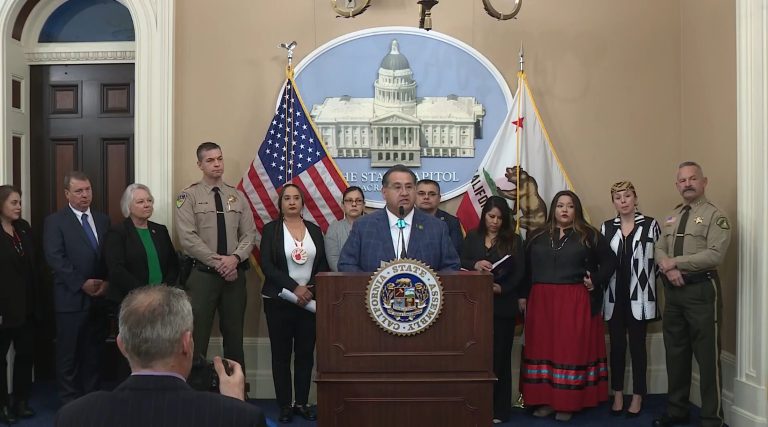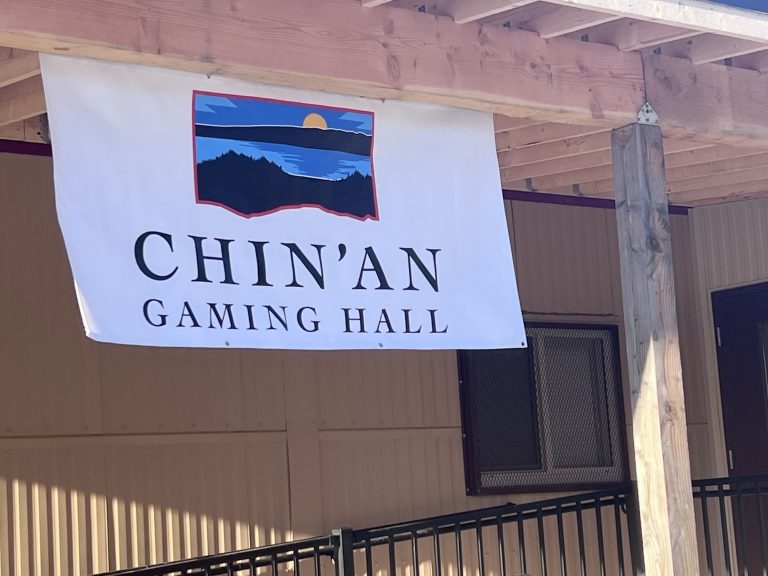Podcast: Play in new window | Download | Embed
Lawyers in Canada representing survivors of the 1960’s Scoop class action lawsuit are requesting court approval to provide a final payment to those who signed onto the case. But, as Dan Karpenchuk reports, some survivors are calling it a slap in the face.
The so-called Sixties Scoop was controversial. Indigenous children were taken from their communities and cultures and placed into foster care with non-Indigenous families often far from their home communities. Many were abused. A class-action lawsuit argued that those affected by the program suffered significant harm, specifically the loss of their cultural identity.
A settlement was reached a couple of years ago, in which the government in Ottawa set aside $750 million to compensate First Nations and Inuit children who were subjected to the scoop between 1951 and 1991. By January of last year, nearly 15,000 claims were approved, including interim payments of $21,000 to each claimant. Lawyers are now asking for an additional $4,000 each, but some survivors like Colleen Rajotte say there is no way the current compensation is acceptable.
“We’re not going to sit by and watch rich lawyers get even richer and we’re going to walk away with barely anything.”
Another Scoop survivor is Brenda Lee Marcoux from British Columbia.
“There is no amount of money they could give us that would give us back what we lost. To lose your family. To lose your language. To lose your culture. To lose everything. You can’t pay me back for that.”
She and others call the $25,000 an insult and feels like more abuse, something that’s never going to end. Some want more than compensation, an apology and for those responsible to be held accountable.
Dozens of people walked across Browning, Montana last week to raise awareness for missing and murdered Indigenous people. As Aaron Bolton reports, the walk comes as the college on the Blackfeet reservation is launching a database to help resolve unsolved cases.
Dozens of Blackfeet Nation residents whose loved ones were murdered or are missing walked across Browning as a drum circle played. Rhonda Grant-Connelly’s nephew Matthew Rattlesnake Grant was found dead in 2016.
“Our family would leave the comfort of their warm homes to search in blizzard conditions. We searched for our nephew for two weeks without help of the Blackfeet PD, the sheriff’s department.”
Wilma Fleury shares the frustration that cases fall through the cracks due to jurisdictional issues between tribal, county, and federal law enforcement. She says the people who murdered her son Willy Pepion won’t be brought to justice.
“I never got justice on my boy. They dropped the federal charges against the people that did it because not enough evidence. So, they turned it over to tribal. All tribal could do is do misdemeanors.”
 A new database could help families connect law enforcement agencies more quickly after a loved ones go missing. Blackfeet Community College Extension Agent Drew Landry says families can log onto mmipmt.com and report a missing person, including their last known location anywhere in Montana.
A new database could help families connect law enforcement agencies more quickly after a loved ones go missing. Blackfeet Community College Extension Agent Drew Landry says families can log onto mmipmt.com and report a missing person, including their last known location anywhere in Montana.
“If we get a report of a missing person, it’s also carbon copied to tribal police and we’re working on having all the tribal nations on board by the end of this summer.”
Landry says the site will even help connect families with law enforcement off reservations or even in other states. He hopes to have a report later this year on how many cases reported into the database have been solved.
Get National Native News delivered to your inbox daily. Sign up for our newsletter today.





